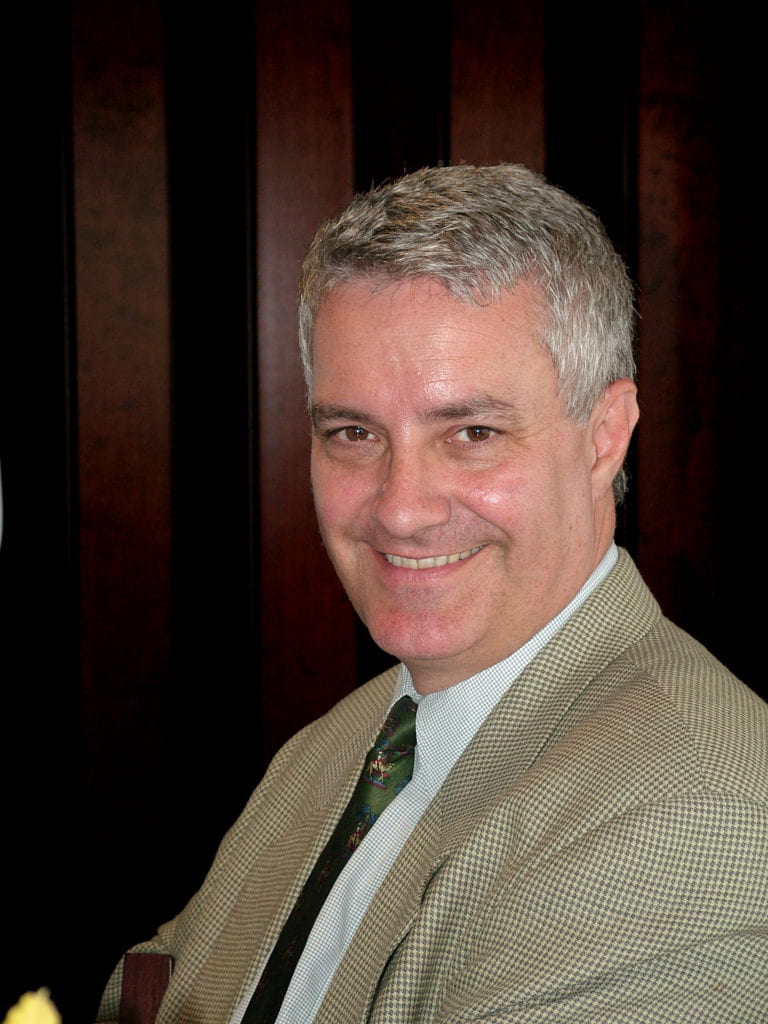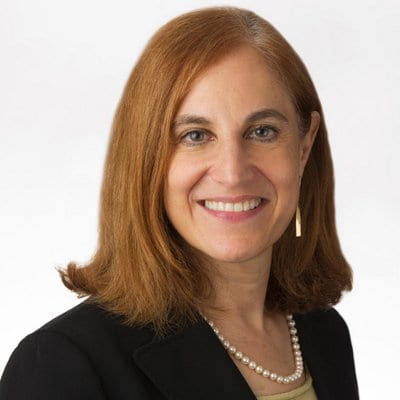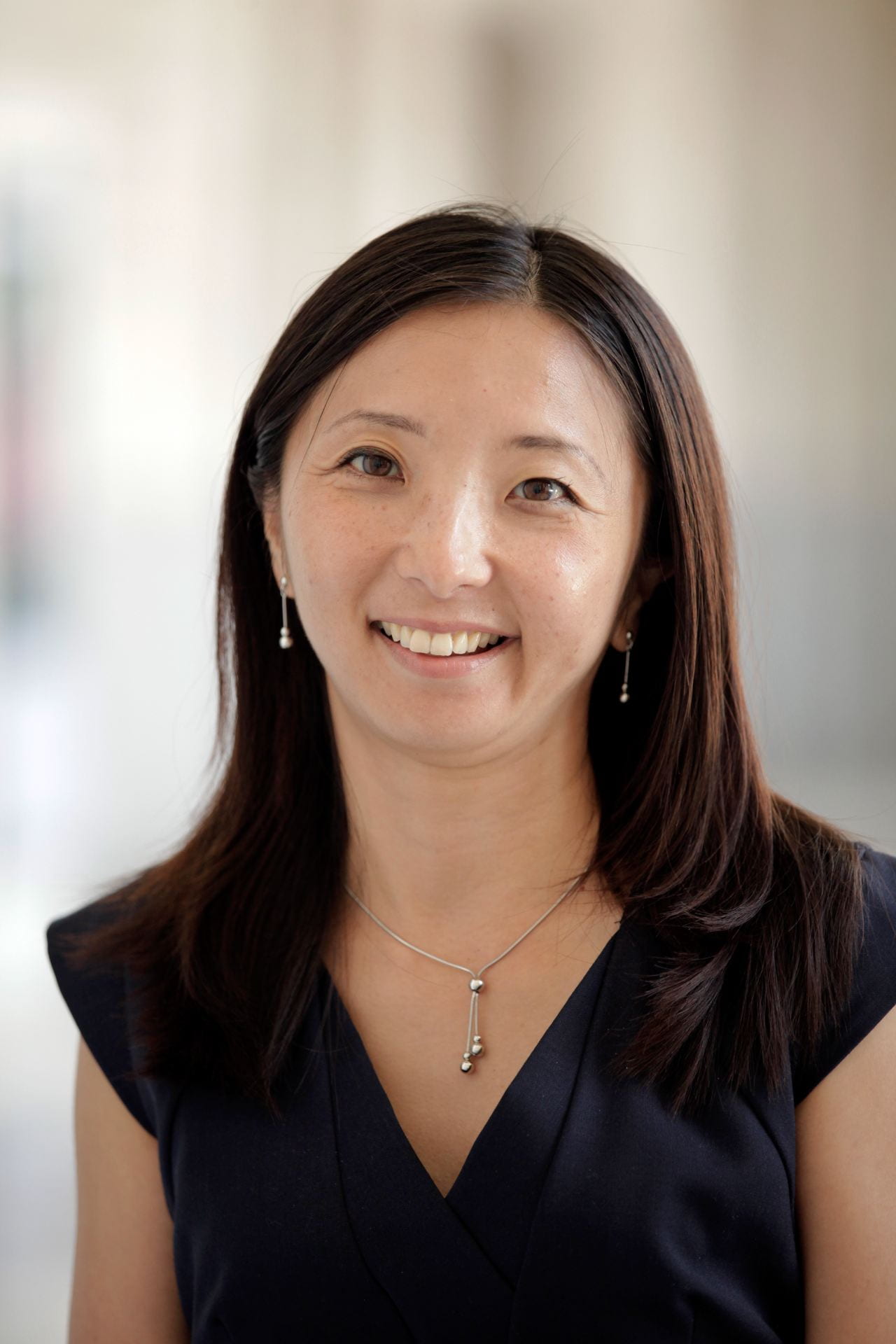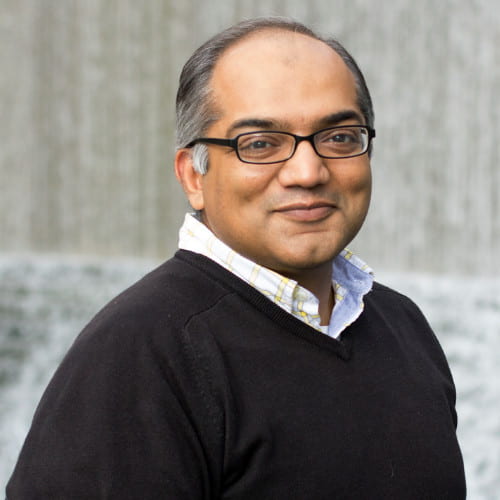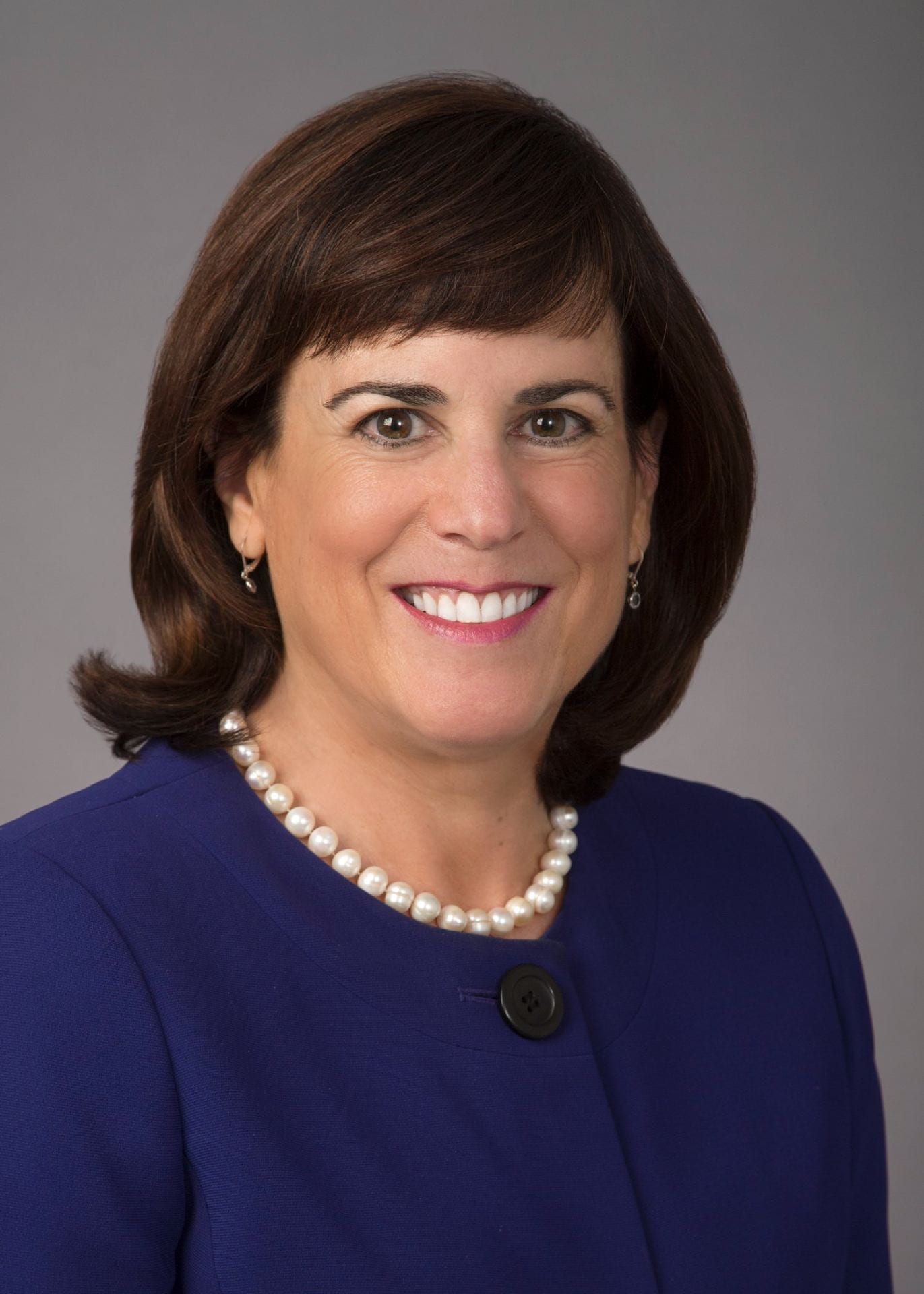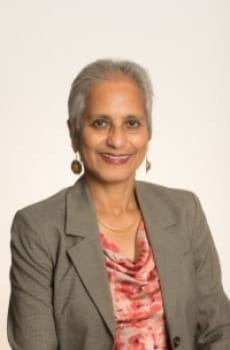Friday, September 29, 2023
10:30 AM – 2:00 PM ET
State Room
Elliott School of International Affairs
1957 E Street NW Washington, D.C. 20052
Recent developments on the global stage are having an outsized impact on Taiwan’s security and political economy. Continuing supply chain disruptions, moves to de-risk or de-couple from China, heightened geopolitical tension in the Taiwan Strait with rising Chinese pressure, all raise questions for Taiwan’s security and stability.
Join the Sigur Center for Asian Studies as a group of experts discuss strategies, policies and challenges in promoting the economic and military resiliency of Taiwan.
Panel One: Strategies for Security (10:30 am-12:00 pm)
Defending Taiwan and Deterrence Strategy, Lonnie Henley, GWU
Alliance Politics and Taiwan, Bonnie Glaser, GMF
Strategic Signaling and US Posture, David Sacks, Council on Foreign Relations
Moderator, Robert Sutter, GWU
Lunch (12:00-12:30 pm)
Panel Two: Building Partnerships for Resiliency (12:30-2:00 pm)
Indo-Pacific Partnerships and Regional Views, Shihoko Goto, Wilson Center
New Southbound Policy and Impact, Adnan Rasool, University of Tennessee at Martin
US Role in Building Economic Security, Barbara Weisel, Rock Creek Global Advisors
Moderator, Deepa Ollapally, GWU
Speakers
Professor Lonnie Henley is a Professorial Lecturer at the George Washington University, where he teaches course on the Chinese military. He retired from federal service in 2019 after more than 40 years as an intelligence officer and East Asia expert. Professor Henley served 22 years as a US Army China foreign area officer and military intelligence officer in Korea, and in various positions at the Defense Intelligence Agency, on Army Staff, and in the History Department at West Point. He retired as a Lieutenant Colonel in 2000 and joined the senior civil service, first as Defense Intelligence Officer for East Asia and later as Senior Intelligence Expert for Strategic Warning at DIA. He worked two years as a senior analyst with CENTRA Technology, Inc. before returning to government service as Deputy National Intelligence Officer for East Asia. He rejoined DIA in 2008, serving for six years as the agency’s senior China analyst, then as National Intelligence Collection Officer for East Asia, and finally again with a second term as Defense Intelligence Officer for East Asia. Professor Henley holds a bachelor’s degree in engineering and Chinese from the US Military Academy at West Point, and master’s degrees in Chinese language from Oxford University, which he attended as a Rhodes Scholar; in Chinese history from Columbia University; and in strategic intelligence from the Defense Intelligence College (now National Intelligence University).
Bonnie S. Glaser is the Managing Director of the German Marshall Fund’s Indo-Pacific program. She is also a nonresident fellow with the Lowy Institute in Sydney, Australia, and a senior associate with the Pacific Forum. She is a co-author of US-Taiwan Relations: Will China’s Challenge Lead to a Crisis (Brookings Press, April 2023). She was previously Senior Adviser for Asia and the Director of the China Power Project at the Center for Strategic and International Studies. Ms. Glaser has worked at the intersection of Asia-Pacific geopolitics and US policy for more than three decades.
From 2008 to mid-2015, she was a senior adviser with the CSIS Freeman Chair in China Studies, and from 2003 to 2008, she was a senior associate in the CSIS International Security Program. Prior to joining CSIS, she served as a consultant for various U.S. government offices, including the Departments of Defense and State. Ms. Glaser has published widely in academic and policy journals, including the Washington Quarterly, China Quarterly, Asian Survey, International Security, Contemporary Southeast Asia, American Foreign Policy Interests, Far Eastern Economic Review, and Korean Journal of Defense Analysis, as well as in leading newspapers such as the New York Times and Wall Street Journal and in various edited volumes on Asian security. She is currently a board member of the U.S. Committee of the Council for Security Cooperation in the Asia Pacific and a member of both the Council on Foreign Relations and the International Institute for Strategic Studies. She served as a member of the Defense Department’s Defense Policy Board China Panel in 1997. Ms. Glaser received her B.A. in political science from Boston University and her M.A. with concentrations in international economics and Chinese studies from the Johns Hopkins School of Advanced International Studies.
David Sacks is a Research Fellow at the Council on Foreign Relations, where his work focuses on U.S.-China relations, U.S.-Taiwan relations, Chinese foreign policy, cross-Strait relations, and the political thought of Hans Morgenthau. He was previously the Special Assistant to the President for Research at the Council on Foreign Relations. Prior to joining CFR, Mr. Sacks worked on political military affairs at the American Institute in Taiwan (AIT), which handles the full breadth of the United States’ relationship with Taiwan in the absence of diplomatic ties. Mr. Sacks was also a Princeton in Asia fellow in Hangzhou, China. He received his M.A. in International Relations and International Economics, with honors, from the Johns Hopkins School of Advanced International Studies (SAIS). At SAIS, he was the recipient of the A. Doak Barnett Award, given annually to the most distinguished China Studies graduate. Mr. Sacks received his B.A. in Political Science, Magna Cum Laude, from Carleton College.
Shihoko Goto is Acting Director of the Asia Program and Director for geoeconomics and Indo-Pacific enterprise at the Wilson Center. She specializes in trade and economic interests across the Indo-Pacific, and is also focused on geopolitical developments in Japan, South Korea, and Taiwan. She is also a columnist for The Diplomat magazine and contributing editor to The Globalist. She is currently an executive board member of the Japan-America Society of Washington DC, and a member of the Global Taiwan Institute’s US-Taiwan Task Force. Prior to joining the Wilson Center, she was a financial journalist covering the international political economy with a focus on Asian markets. As a correspondent for Dow Jones News Service and United Press International based in Tokyo and Washington, she has reported extensively on policies impacting the global financial system as well as international trade. She was also formerly a donor country relations officer at the World Bank. Previously, she was a member of the Mansfield Foundation’s US-Japan Network for the Future, and she has received the Freeman Foundation’s Jefferson journalism fellowship at the East-West Center as well as the John S. and James L. Knight Foundation’s journalism fellowship for the Salzburg Global Seminar. She received an M.A. in international political theory from the Graduate School of Political Science, Waseda University, Japan, and a B.A. in Modern History, from Trinity College, University of Oxford, UK.
Professor Adnan Rasool is the Hardy Graham Distinguished Faculty Assistant Professor of Political Science at the University of Tennessee at Martin. He specializes in the foreign policy of small states with a particular focus on countries in east Asia and the pacific. His latest work analyzes Taiwan’s new southbound policy framework from a smart diplomacy perspective. Adnan is currently working on the initial phases of long term research project that investigates how middle powers in east Asia and the pacific navigate great power competition. His work has appeared in journals like Asian Politics and Policy, and the Journal of Indian and Asian Studies. Adnan’s latest book, Sabotage: Lessons in Bureaucratic Governance from Pakistan, Taiwan, and Turkey (Lexington Books, 2023), is out now.
Professor Rasool has previously worked as an international development consultant in south and southeast Asia. He is also a former Taiwan Fellow.
Barbara Weisel is a Managing Director at Rock Creek Global Advisors, where she focuses on international trade and investment policy and negotiations as well as market access and regulatory matters. Ms. Weisel has more than 25 years of experience advancing international trade and investment initiatives, expanding market access in Asia-Pacific markets, and resolving specific issues faced by businesses in the Asia-Pacific. Ms. Weisel served most recently as Assistant US Trade Representative for Southeast Asia and the Pacific. She was the US chief negotiator for the 12-country Trans-Pacific Partnership (TPP) from its inception in 2008 through its signing in 2016. She was responsible for developing US positions in coordination with other government agencies, Congress and the US private sector.
In addition to TPP, Ms. Weisel led efforts to expand US market access and promote US economic interests in the Asia Pacific, working with foreign government officials at all levels on intellectual property, digital trade, services, financial services, agriculture, customs, and product standards. As Deputy Assistant US Trade Representative for Bilateral Asian Affairs (Korea, Southeast Asia, and South Asia), Ms. Weisel served as negotiator of FTAs with Malaysia, Thailand, Australia and Singapore. She also was charged with monitoring and enforcing Asian countries’ compliance with their World Trade Organization commitments and working with US companies to resolve specific issues in these markets. Earlier, Ms. Weisel served as the official responsible for managing global pharmaceutical regulatory issues and as Director for Japan Affairs. Before joining USTR, she worked at the State Department from 1984-1994, serving in a variety of positions, including as international economist on Japan, the Persian Gulf, and North Africa. Ms. Weisel earned two Masters Degrees from Harvard University in 1983 in Public Policy with a focus on international development, and Religious Studies, with a focus on Islamic civilization. She has a Bachelor’s degree from Connecticut College (Phi Beta Kappa and magna cum laude).
Moderators
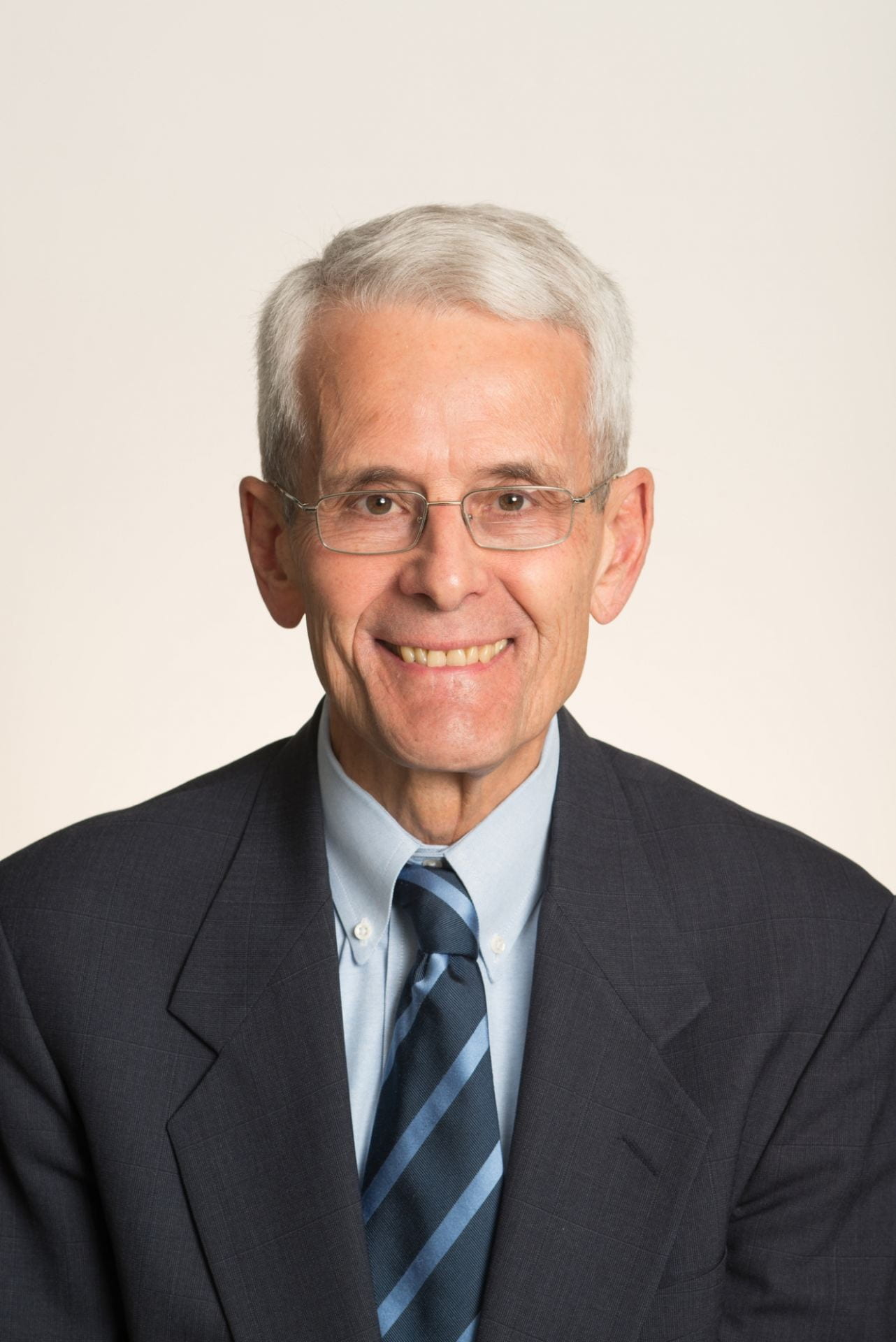
Robert Sutter is Professor of Practice of International Affairs at the Elliott School of George Washington University (2011-Present ). He also served as Director of the School’s main undergraduate program involving over 2,000 students from 2013-2019. He has served as Special Adviser to the Dean on Strategic Outreach (2021-present). His earlier full-time position was Visiting Professor of Asian Studies at Georgetown University (2001-2011).
A Ph.D. graduate in History and East Asian Languages from Harvard University, Sutter has published 22 books (four with multiple editions), over 300 articles and several hundred government reports dealing with contemporary East Asian and Pacific countries and their relations with the United States. His most recent books are Chinese Foreign Relations: Power and Policy of an Emerging Global Force, Fifth Edition (Rowman & Littlefield, 2021) and US-China Relations: Perilous Past, Uncertain Present, Fourth Edition (Rowman & Littlefield 2022).
Sutter’s government career (1968-2001) saw service as senior specialist and director of the Foreign Affairs and National Defense Division of the Congressional Research Service, the National Intelligence Officer for East Asia and the Pacific at the US Government’s National Intelligence Council, the China division director at the Department of State’s Bureau of Intelligence and Research and professional staff member of the Senate Foreign Relations Committee.
Deepa M. Ollapally is a political scientist specializing in Indian foreign policy, India-China relations, and Asian regional and maritime security. She is Research Professor of International Affairs and the Associate Director of the Sigur Center. She also directs the Rising Powers Initiative, a major research program that tracks and analyzes foreign policy debates in aspiring powers of Asia and Eurasia.
Dr. Ollapally is currently working on a funded book, Big Power Competition for Influence in the Indian Ocean Region, which assesses the shifting patterns of geopolitical influence by major powers in the region since 2005 and the drivers of these changes. She is the author of five books including Worldviews of Aspiring Powers (Oxford, 2012) and The Politics of Extremism in South Asia (Cambridge, 2008). Her most recent books are two edited volumes, Energy Security in Asia and Eurasia (Routledge, 2017), and Nuclear Debates in Asia: The Role of Geopolitics and Domestic Processes (Rowman & Littlefield, 2016). Dr. Ollapally has received grants from the Carnegie Corporation, MacArthur Foundation, Smith Richardson Foundation, Ford Foundation, the Rockefeller Foundation, and the Asia Foundation for projects related to India and Asia. Previously, she was Associate Professor at Swarthmore College and has been a Visiting Professor at Kings College, London and at Columbia University. Dr. Ollapally also held senior positions in the policy world including the US Institute of Peace, Washington DC and the National Institute of Advanced Studies, Bangalore, India. She is a frequent commentator in the media, including appearances on CNN, BBC, CBS, Diane Rehm Show, and Reuters TV. She holds a Ph.D. in Political Science from Columbia University.

